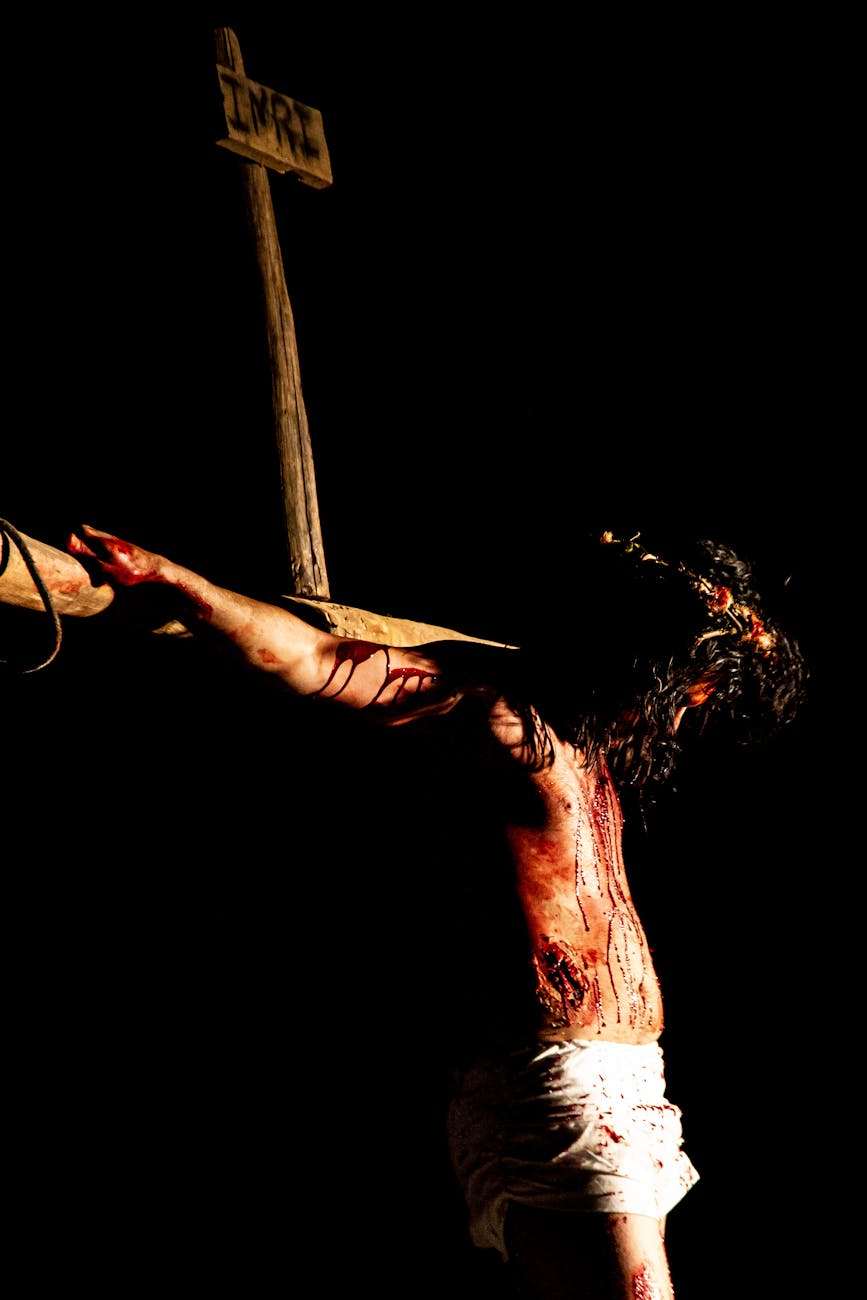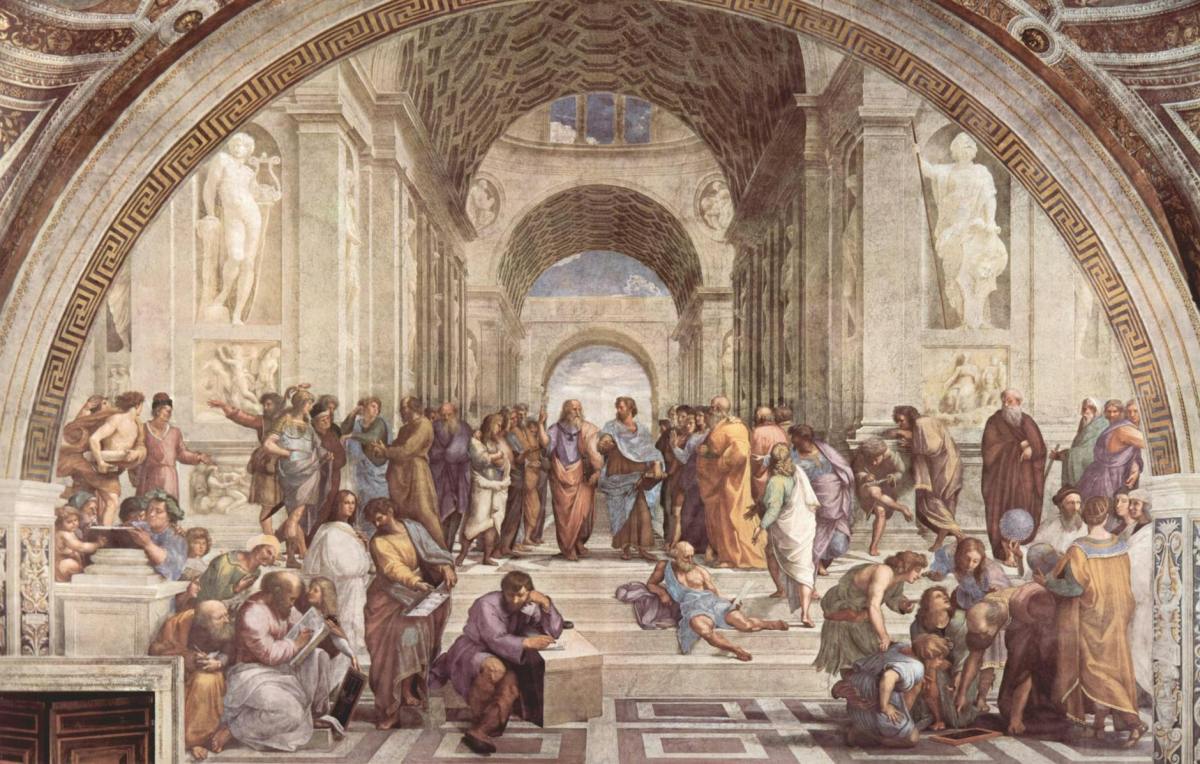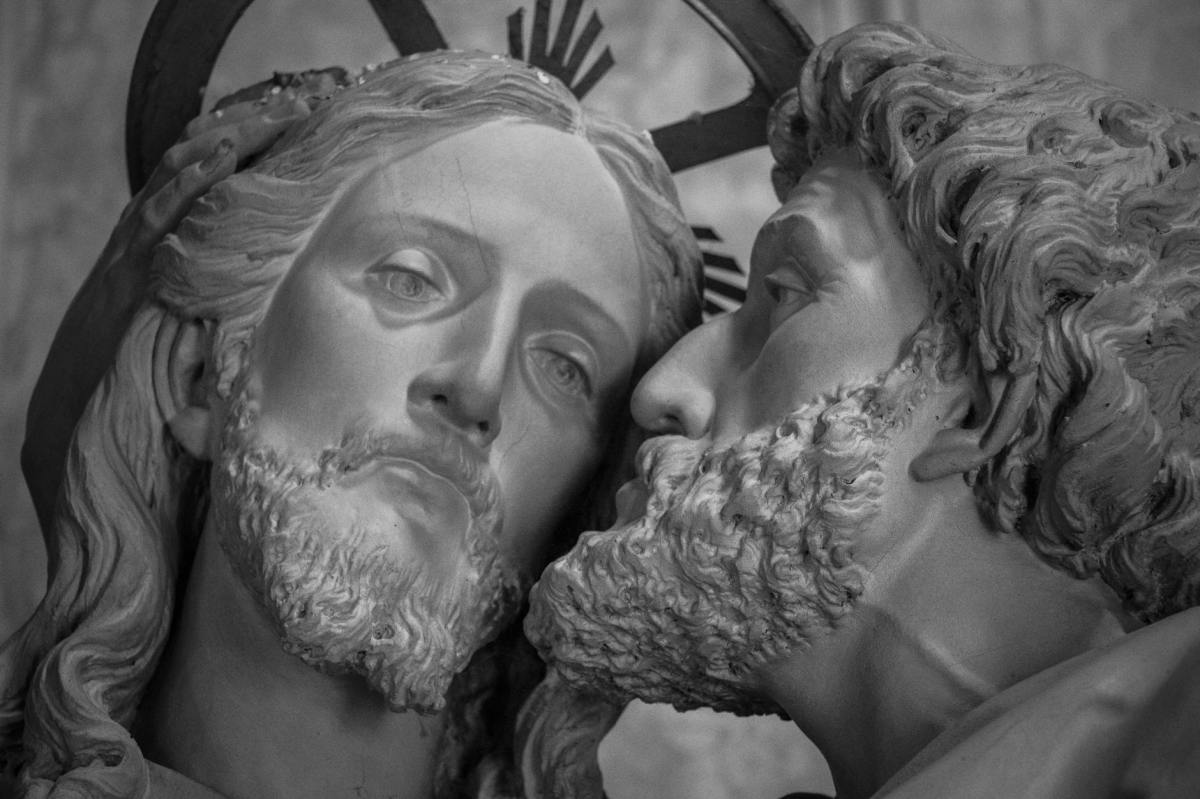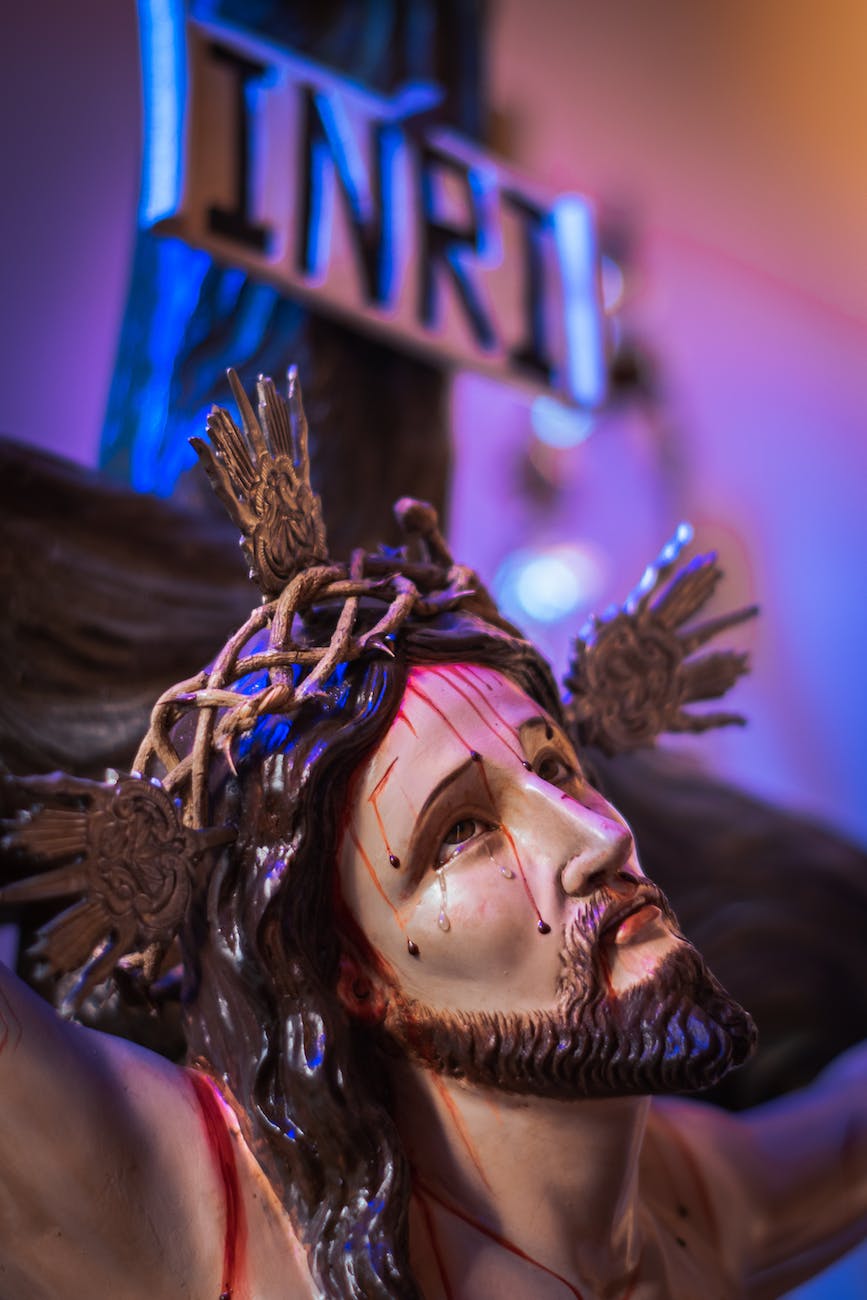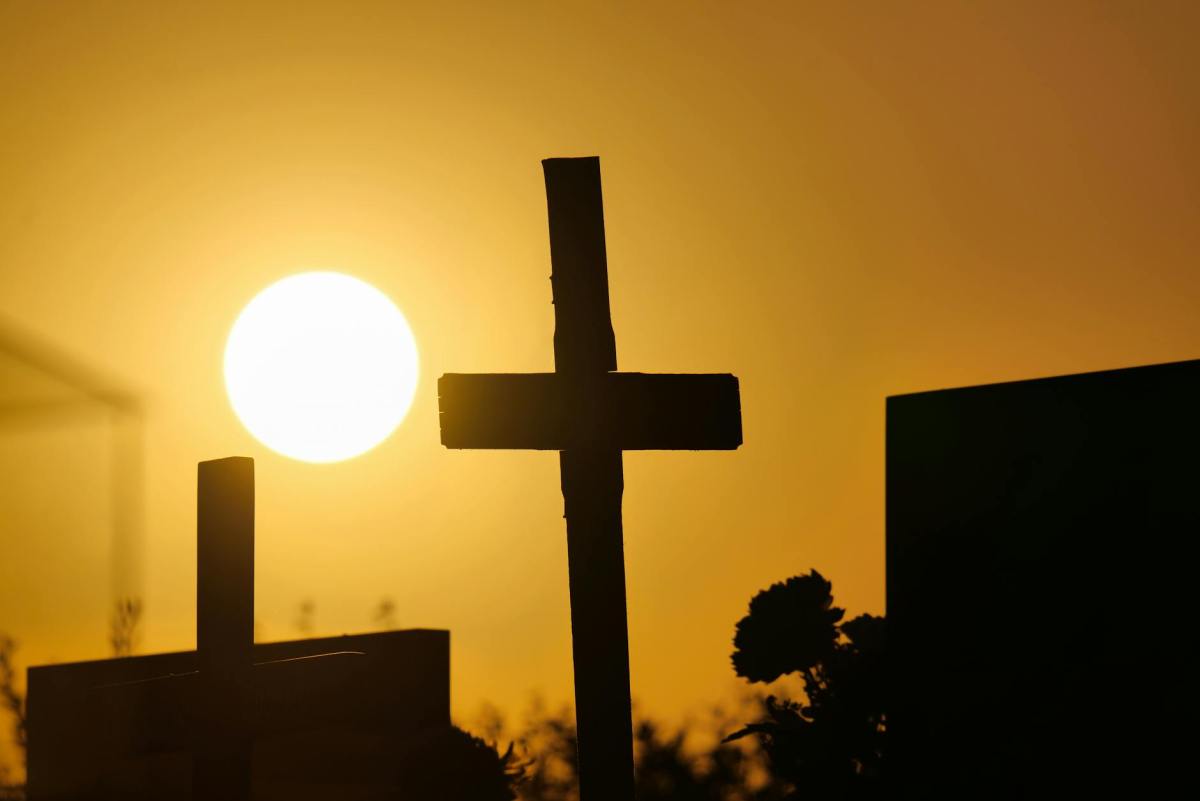Easter Celebrations in the West have become a funfair of bunnies and eggs. I read somewhere that the Easter bunny was reportedly introduced to America by the German immigrants who brought over their stories of an egg-laying hare. This German tradition is believed to date back to the 13th century. The Christian celebration of Easter has nothing to do with eggs and bunnies. Easter is the celebration of the death and resurrection of Jesus Christ. Most importantly, the significance of His death and resurrection is the salvation He brought to humanity. The blood shared on the cross cleansed our sins away. The death of Jesus also initiated us into the new covenant, where the curse of the law and the power of the old man was dealt with permanently. Now, “therefore, if anyone is in Christ, the new creation has come: The old has gone, the new is here!” (2 Corinthians 5:17). The cross wasn’t an easy punishment for Jesus. The journey to the cross and the crucifixion itself were painful experiences.
The Roman soldiers who crucified Jesus, crucified Him between two thieves. Above his head they placed the written charge against him: “This is Jesus, the king of the Jews.” (Matthew 27:37). On the cross. Jesus was mocked, ridiculed and insulted. Jesus was even offered wine to drink, mixed with gall; but after tasting it, He refused to drink it (Matthew 27:34). As Jesus went through the pain of crucifixion, “those who passed by hurled insults at him, shaking their heads and saying, “You who are going to destroy the temple and build it in three days, save yourself! Come down from the cross, if you are the Son of God!” (Matthew 27:39-40). Even the chief priests, the teachers of the law and the elders mocked him. “He saved others,” they said, “but he can’t save himself! He’s the king of Israel! Let him come down now from the cross, and we will believe in him. He trusts in God. Let God rescue him now if he wants him, for he said, ‘I am the Son of God.’ ” In the same way the rebels who were crucified with him also heaped insults on him. (Matthew 27:41-44). Jesus had to endure physical pain and emotional torture. His body was weak, blood gushed all over, yet even in His very painful state, the people had no pity on Him.
About three in the afternoon Jesus cried out in a loud voice, “Eli, Eli, lema sabachthani?” (which means “My God, my God, why have you forsaken me?”). (Matthew 27:46)
As the people mocked and insulted Jesus in their ignorance, the powers of the heavens and the earth were shaken. Heaven was still. The Father’s own begotten Son, sinless and perfect hanged on a cross like a criminal. The atmosphere changed suddenly. Power was about to change hands. From noon until three in the afternoon darkness came over all the land (Matthew 27:45). A total eclipse caused by the very important assignment. Jesus was at the epicenter of His assignment, the religious leaders standing nearby couldn’t see the spiritual exchanges that were taking place. On the day of the crucifixion, about three in the afternoon Jesus cried out in a loud voice, “Eli, Eli, lema sabachthani?” which means “My God, my God, why have you forsaken me?” (Matthew 27:46). That was the moment the Father took away His eyes from His Son. Jesus at the height of this darkened environment was an epitome of sin. He bore the sins of the whole world beginning with that of Adam in the Garden of Eden. Jesus became a curse (Deuteronomy 21:23) and He took the curse of the Law and nailed it on the cross.
The Father took His face away, as Jesus cried out, He felt the weight of sin and the punishment of sin. The Father loves the Son so much but at that moment, He took His face away so the Son can atone for the sins of all humanity. Imagine the price the Father paid for love: the death of His only begotten Son. Even in such a painful moment, some of those standing there after they heard the cry of Jesus said, “He’s calling Elijah.” (Matthew 27:47). The people missed the bigger picture. One of those standing there ran and got a sponge. He filled it with wine vinegar, put it on a staff, and offered it to Jesus to drink (maybe to ease Jesus’ pain). Yet, the rest said, “Now leave him alone. Let’s see if Elijah comes to save him.” (Matthew 27:48-49). At that moment, Jesus cried out again in a loud voice and He gave up His spirit (Matthew 27:50). As soon As Jesus gave up the spirit, the environment responded again:
“At that moment the curtain of the temple was torn in two from top to bottom. The earth shook, the rocks split and the tombs broke open. The bodies of many holy people who had died were raised to life. They came out of the tombs after Jesus’ resurrection and went into the holy city and appeared to many people.” (Matthew 27:51-53).
The extraordinary events that characterized the crucifixion were visible to all. When the centurion and those with him who were guarding Jesus saw the earthquake and all that had happened, they were terrified, and exclaimed, “Surely he was the Son of God!” (Matthew 27:54).
Indeed, Jesus is the Son of God. He had to go through the pain of death to set us free. He was forsaken by His Father at the height of the crucifixion so that Jesus could take our place and take our curse. Easter is so important and significant. Celebrate the day with meaning and understanding. Help your children understand it too. No bunny or egg is involved in this salvation story. Jesus is the reason for the season.

